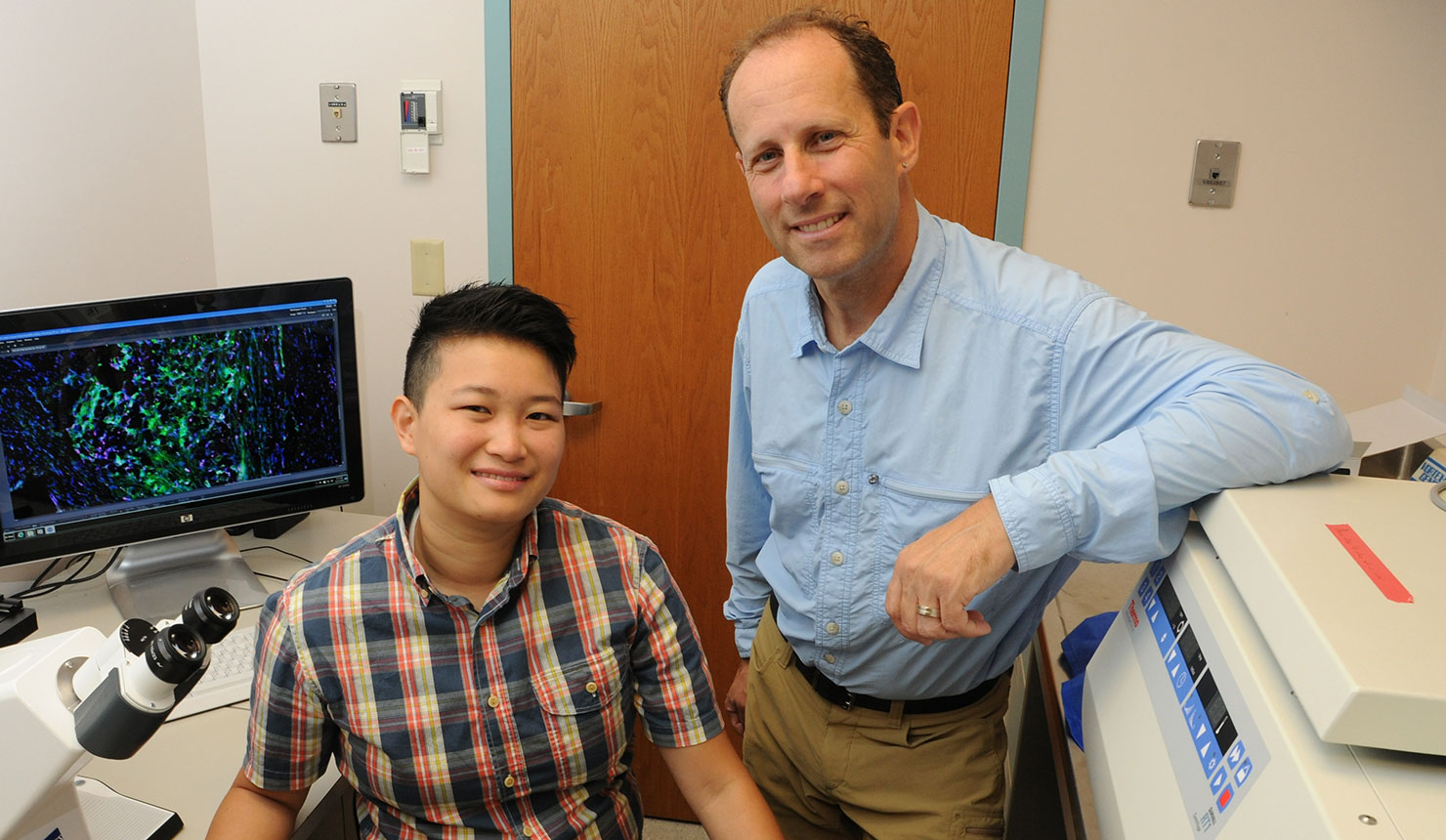New research from Geisel’s Children’s Environmental Health & Disease Prevention Research Center found that even relatively low levels of arsenic in drinking water sourced from private wells in New Hampshire had a significant association with infant gut microbiome composition.
Post Tagged with: "infant health"
Dartmouth Researchers Find that Mothers’ Antibodies Against HSV-1 Can Protect Their Infants from the Virus
A team of Dartmouth researchers has found that mothers who have developed antibodies against the herpes simplex virus (HSV-1) can pass these antibodies to the nervous systems of their infants, protecting them from acquiring the virus.
Infants Who Ate Rice, Rice Products Had Higher Urinary Concentrations of Arsenic
Although rice and rice products are typical first foods for infants, a new Dartmouth-led study found that infants who ate rice and rice products had higher urinary arsenic concentrations than those who did not consume any type of rice, according to an article published online by JAMA Pediatrics.
Low-level Arsenic May Impact Fetal Growth, Dartmouth-led Study Finds
Fetal growth may be impacted by low levels of arsenic that pregnant women consume in drinking water and food, a Dartmouth College study finds.
Study Reveals Effects of Delivery Mode and Diet on Infant Gut Microbiome
There is an important association between the way in which infants are delivered and fed, and the composition of microbiome (the overall communities of bacteria) in their intestines at six weeks of age, according to a recent Dartmouth-led study published in JAMA Pediatrics.




